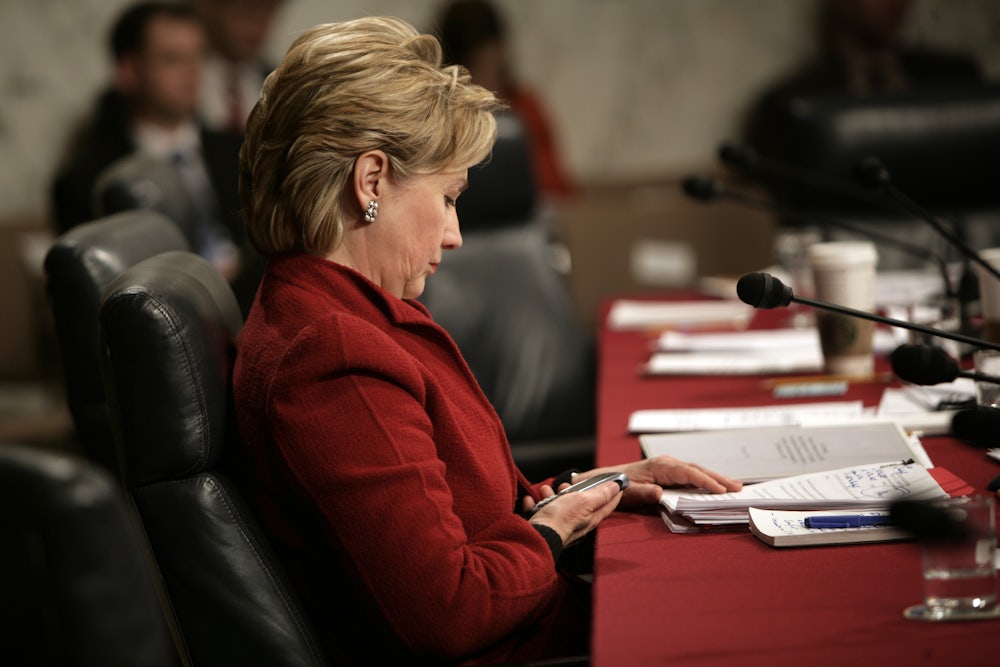On Thursday, in what feels like the umpteenth time, hackers posted hundreds of emails from the personal Gmail account of a 22-year old Democratic operative who freelanced for the White House and the Clinton campaign. The leak revealed the detailed movements and schedules of Hillary Clinton, Vice President Joe Biden, and First Lady Michelle Obama at public events, along with the personal information of Secret Service agents, the names and Social Security numbers of campaign donors, and even a purported scan of Michelle Obama’s passport.
On the same day, two Democratic lawmakers explicitly accused Russia of meddling in the US election, with orders coming from as high as President Putin. Following the hack on the email servers and accounts of the DNC, Colin Powell, and numerous other Democratic organizations and party officials, it is clear that hackers are determined to influence the 2016 presidential election more than any other previous election. (So far, it appears that Trump’s emails and servers have not been compromised.)
Yet despite the string of security breaches, the latest leaks show that the White House and the campaign felt no qualms about sending sensitive information over a year and a half to a personal Gmail account. In an era when cyber-espionage by countries is no longer kept under wraps, where there have yet to be any rules of engagement, it seems prudent for state officials to assume that digital security is crucial to national security and can have an enormous and disproportionate effect on our elections.
